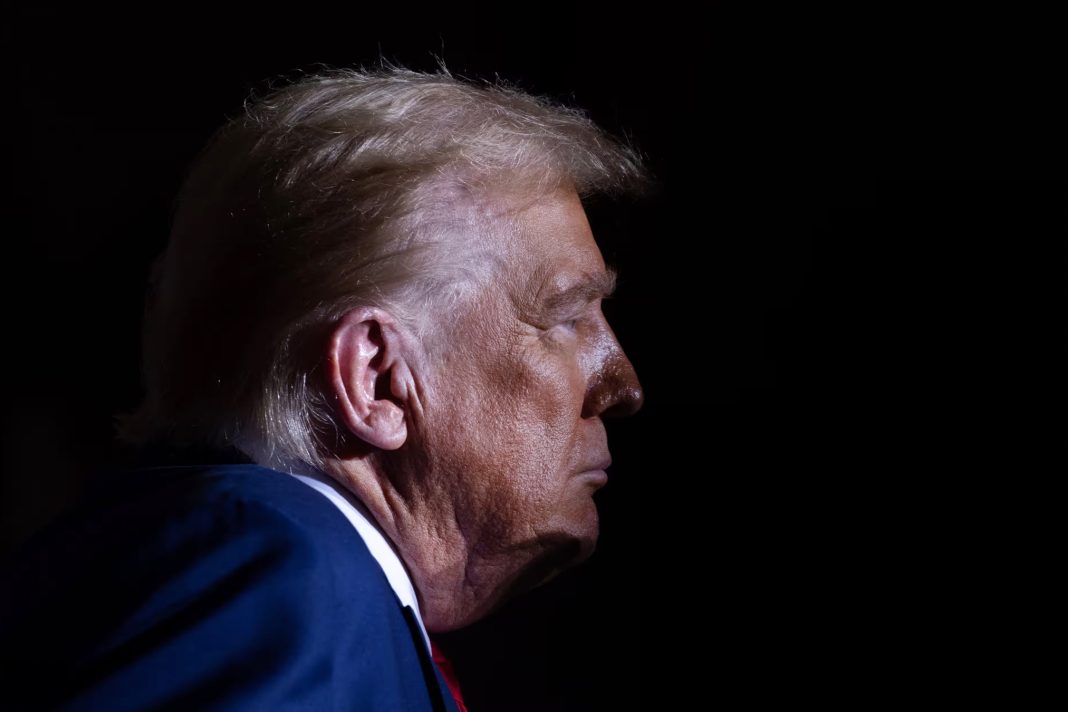WASHINGTON DC, USA — As President-elect Donald Trump prepares to take office for a second term, his promises to revive and broaden the use of the federal death penalty have brought the contentious issue of capital punishment back to the forefront of American political debate.
Trump has made clear that he intends to reestablish the execution protocols he previously introduced, expanding the list of crimes eligible for the death penalty to include non-lethal offences like drug trafficking, human trafficking, and even the sexual abuse of children.
“These are terrible, horrible people responsible for death, carnage, and crime all over the country,” Trump said early in his campaign, signalling that his administration would crack down on what he described as “heinous acts.”
In a sweeping proposal, Trump asserted he would push for harsher punishments for drug dealers and human traffickers, extending capital punishment to offenders who, while not responsible for murder, are accused of causing large-scale harm to society.
Critics of Trump’s plans are expressing deep concern, pointing to the record of 13 federal executions that occurred at the end of his first term — an unprecedented number for a sitting president and the highest rate of federal executions since the 19th century.
These executions took place in the face of a national pause on state-level executions due to COVID-19, marking a stark departure from the country’s trend toward declining capital punishment.
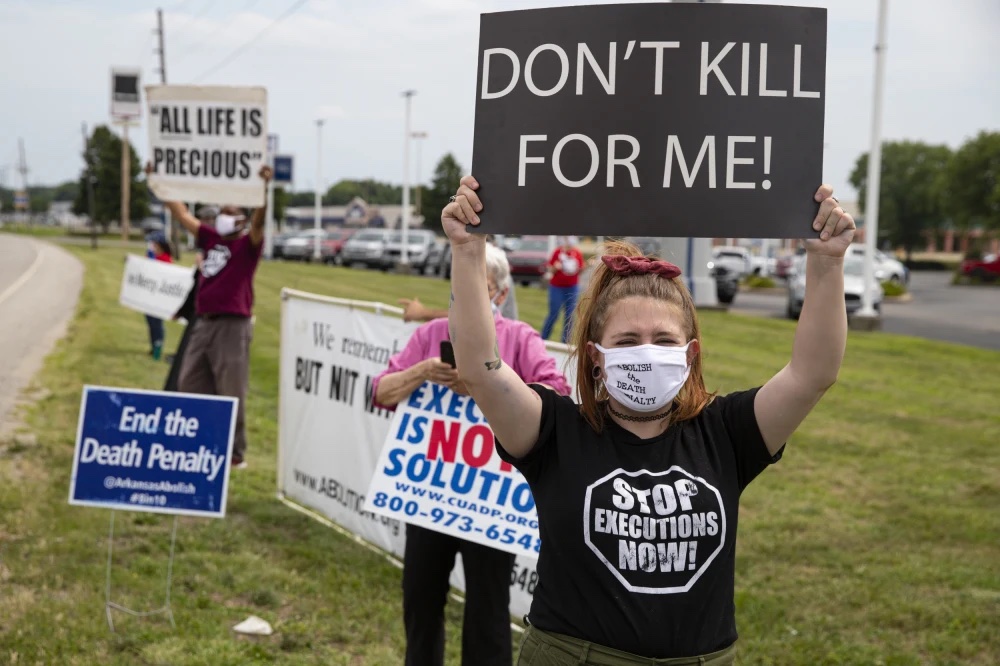
Yasmin Cader, deputy legal director of the ACLU and head of its Trone Center for Justice and Equality, warned of the constitutional implications.
“We’re going to fight this tooth and nail,” Cader said.
“Our country’s fundamental principles of justice and proportional punishment do not support the mass expansion Trump is proposing.
The Constitution demands a careful, measured approach, particularly with something as final as the death penalty.”
Legal and Logistical Hurdles Ahead
To enact his vision, Trump would face significant legal, procedural, and ethical hurdles.
Attorney General Merrick Garland, under President Joe Biden’s administration, imposed a moratorium on federal executions in 2021, citing the need to review protocols and address questions of racial bias, inadequate legal representation, and wrongful convictions.
In addition, Biden’s Justice Department has stopped seeking new capital sentences, opting instead to convert some sentences to life imprisonment.
To swiftly reinstate federal executions, Trump would need to reverse this moratorium, as well as tackle practical challenges.
The federal government has struggled to obtain lethal injection drugs, as pharmaceutical companies have resisted selling their products for use in executions.
While some states have explored alternative methods, such as Alabama’s recent use of nitrogen gas, the federal government would face additional hurdles to implement a similar method on the national level.
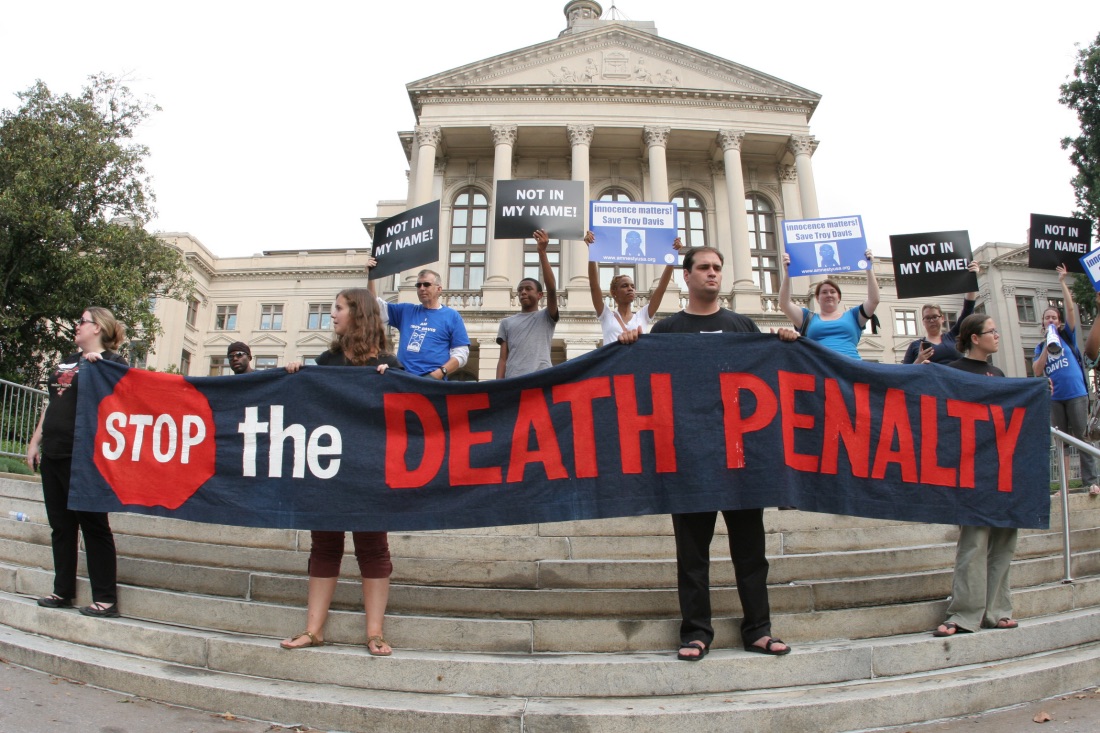
Legal experts also note that Trump’s proposed expansion to include crimes like child sexual abuse or drug trafficking without a resulting death would likely encounter constitutional challenges.
The Supreme Court ruled in 2008 that the death penalty should be limited to crimes involving murder, or crimes “against the state,” such as espionage or treason.
Lee Kovarsky, co-director of the Capital Punishment Center at the University of Texas, explained that extending the death penalty for non-lethal crimes would require either new legislation from Congress or a reinterpretation of existing laws.
A Return to “Law and Order”
Trump’s tough-on-crime stance, particularly on issues surrounding drug trafficking and border security, has resonated with conservative voters who view his commitment as a bold solution to what they perceive as an escalating national crisis.
Trump’s stance on drug trafficking has already sparked interest among law enforcement groups and some Republican lawmakers who argue that drug-related crime demands an extraordinary response.
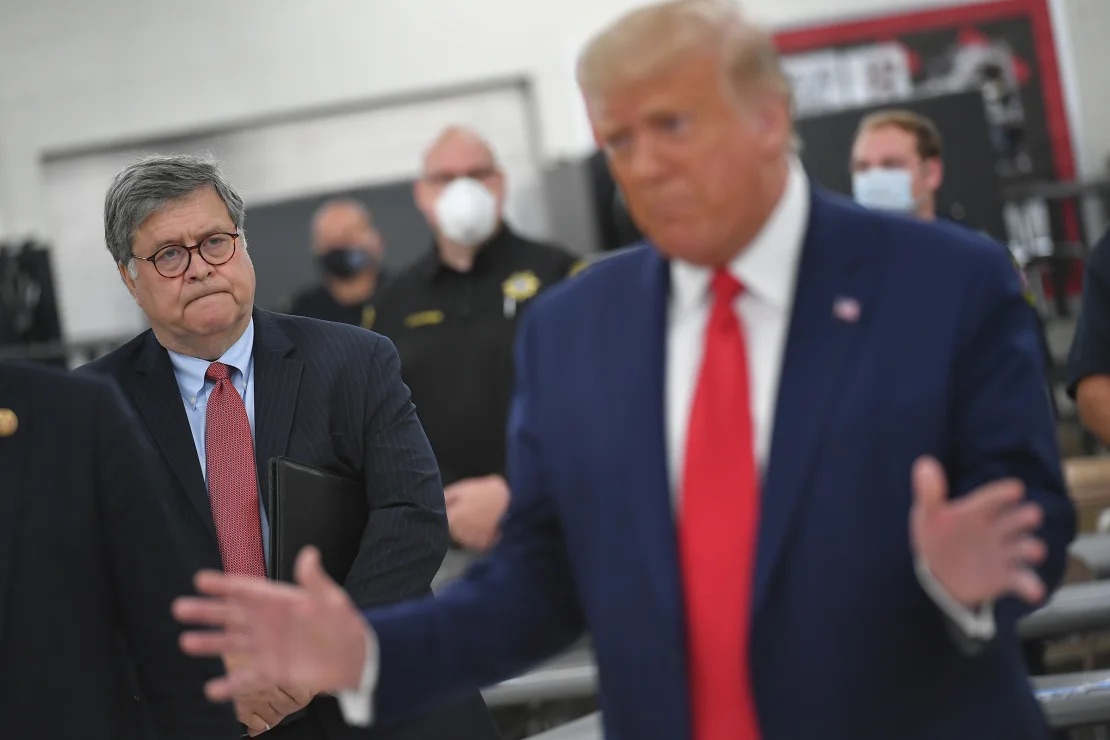
Attorney General William Barr, who oversaw Trump’s first wave of federal executions, had framed the decision as fulfilling the “obligation” of the justice system to victims and their families.
Barr’s successor under Trump would likely be tasked with aggressively pursuing capital cases under an expanded definition, a move that could test the support of even the most conservative lawmakers.
Trump has also reportedly floated the idea of a new cabinet position, “Secretary of Cost-Cutting,” to oversee capital case efficiency.
Critics Warn of Racial and Socioeconomic Bias
Civil rights advocates argue that Trump’s expanded death penalty plans could further deepen racial disparities in sentencing, disproportionately affecting people of colour and those with limited financial resources.
According to the Death Penalty Information Center, Black and Latino defendants are more likely to receive death sentences than their white counterparts, especially in cases involving drug charges or aggravated assault.
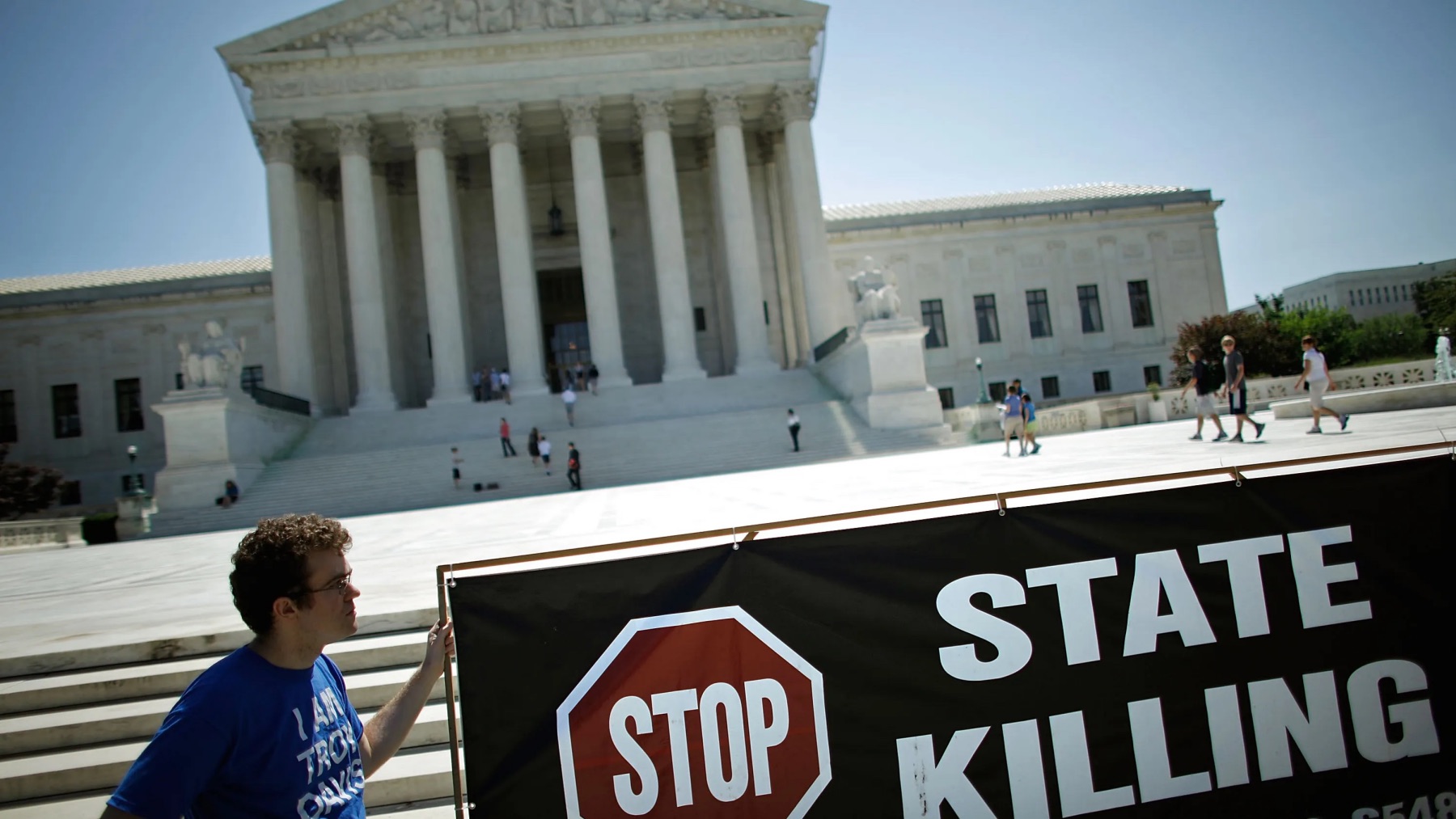
“The disparities are real and often overlooked,” said Robert Dunham, director of the Death Penalty Policy Project.
“If Trump’s administration pursues the death penalty for non-lethal offences, we’re likely to see an increase in racial and economic biases, which are already significant in capital cases. It’s not just an issue of punishment but of fair application of justice.”
The potential impact on families and victims in such cases is also a major concern for reform advocates.
Cases involving family members as key witnesses, particularly in child abuse cases, often entail high levels of emotional distress and complex family dynamics, which can increase the likelihood of wrongful convictions.
Kovarsky noted, “Child sexual assault cases are particularly problematic, as they frequently rely on flawed forensic evidence or biased testimonies.
If Trump moves forward with his plans, it will only heighten the chances of miscarriages of justice and wrongful executions.”
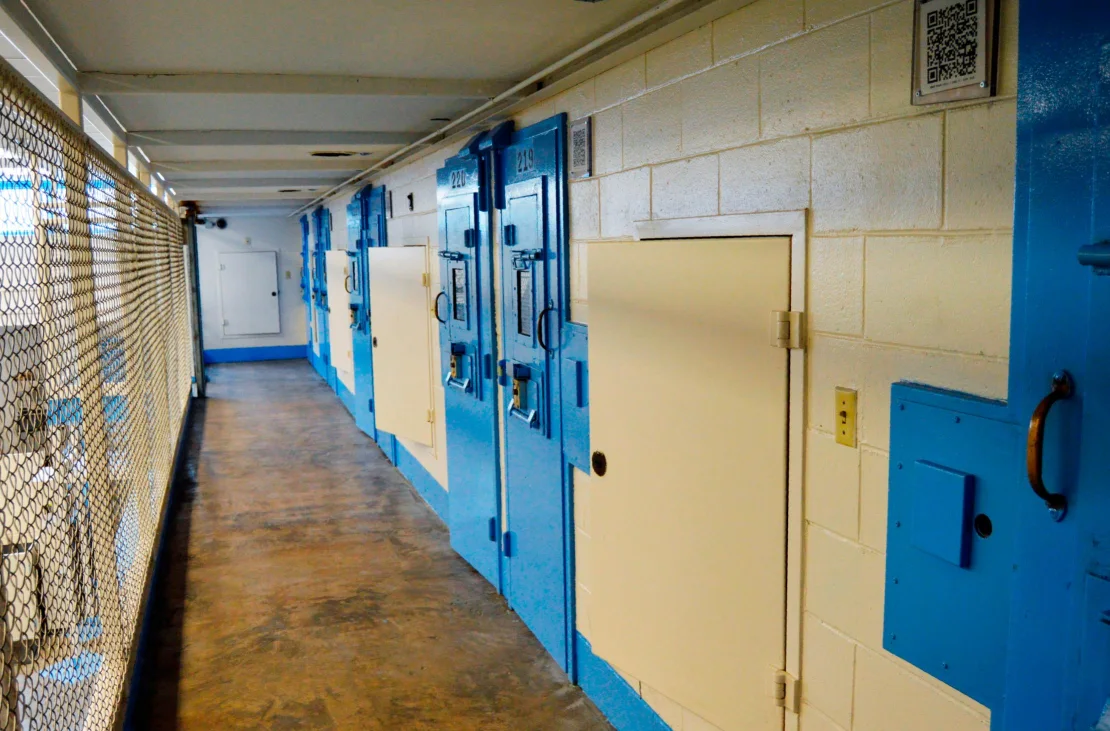
Calls for Legislative Oversight
As the Trump administration prepares to reassess its approach to the death penalty, there have been calls from both sides of the political aisle for enhanced legislative oversight.
A bipartisan group of lawmakers recently halted an execution in Texas due to concerns over outdated evidence, underscoring the need for a more cautious and transparent approach.
Some legislators have urged the incoming administration to allow Congress to review any proposals for expanding the scope of federal capital punishment.
Ruth Friedman, director of the Federal Capital Habeas Project, highlighted the potential speed with which the Trump administration could reinstate execution protocols.
“Even if executions don’t start immediately, Trump’s Department of Justice could fast-track the reinstatement of death penalty procedures, essentially undoing years of cautious reform,” Friedman said.
Friedman added that the current Supreme Court, with its 6-3 conservative majority, is likely to support Trump’s approach, particularly given recent rulings favouring capital punishment.
This judicial landscape suggests that challenges to Trump’s proposals might face an uphill battle.
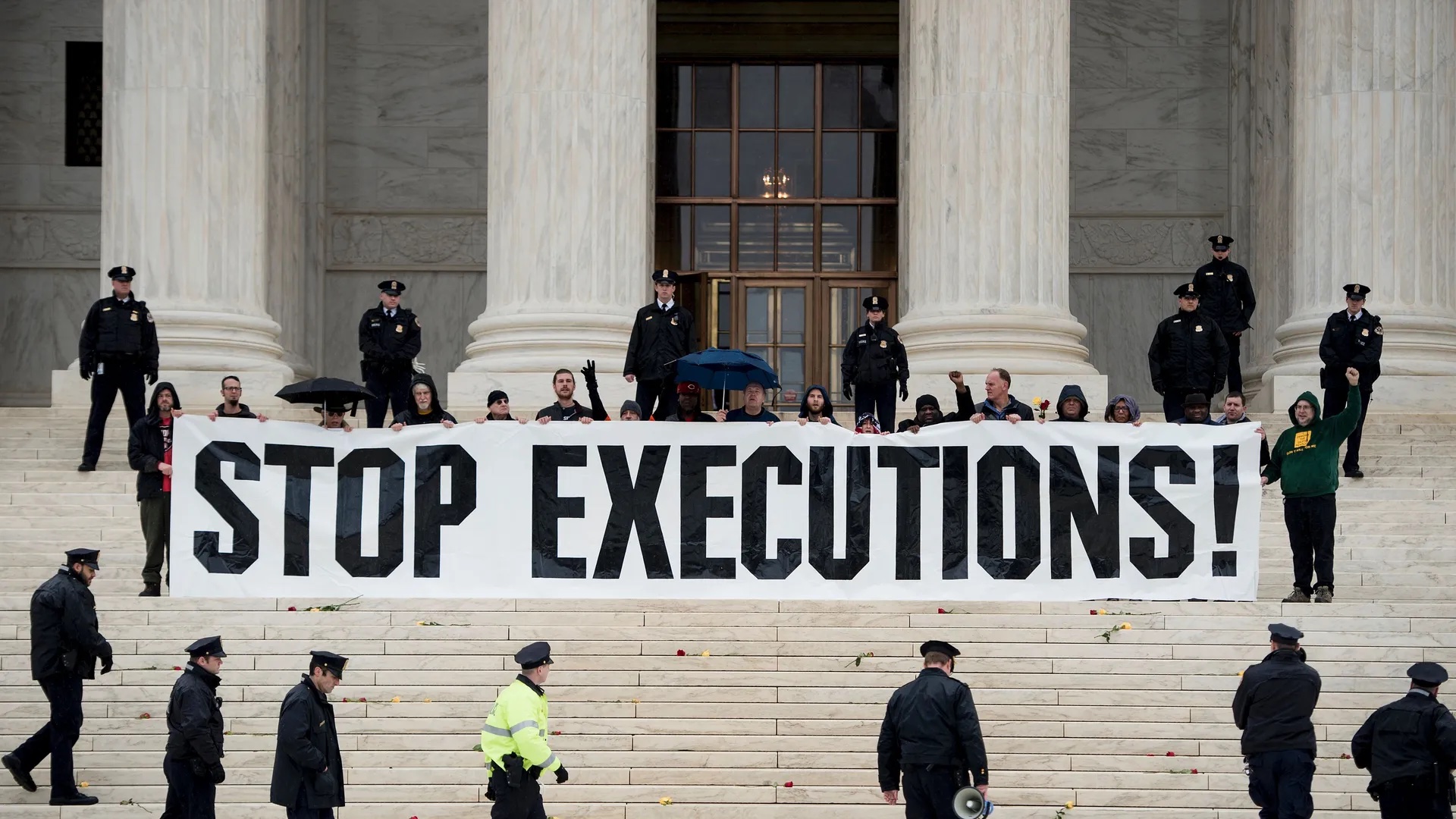
The Way Forward
Biden’s aides have indicated that the president supports life sentences without parole as an alternative to the death penalty, but they have not committed to taking any further action before Trump’s inauguration.
However, Kovarsky argued that Biden still has the option to commute the sentences of the 40 federal death row inmates to life imprisonment, preventing Trump from resuming federal executions without significant delay.
“Justice would still be served because these individuals are not getting out,” Kovarsky said.
“This approach would ensure that we aren’t forced into a high-stakes political battle over the death penalty while still upholding the rule of law.”
Yet as Trump’s second term looms, many question how his administration will balance his desire for a tough-on-crime image with the ethical, legal, and financial considerations inherent in expanding capital punishment.
What remains clear is that Trump’s return to the White House will likely signal a renewed and intense debate over the role and reach of the federal death penalty in modern America.

